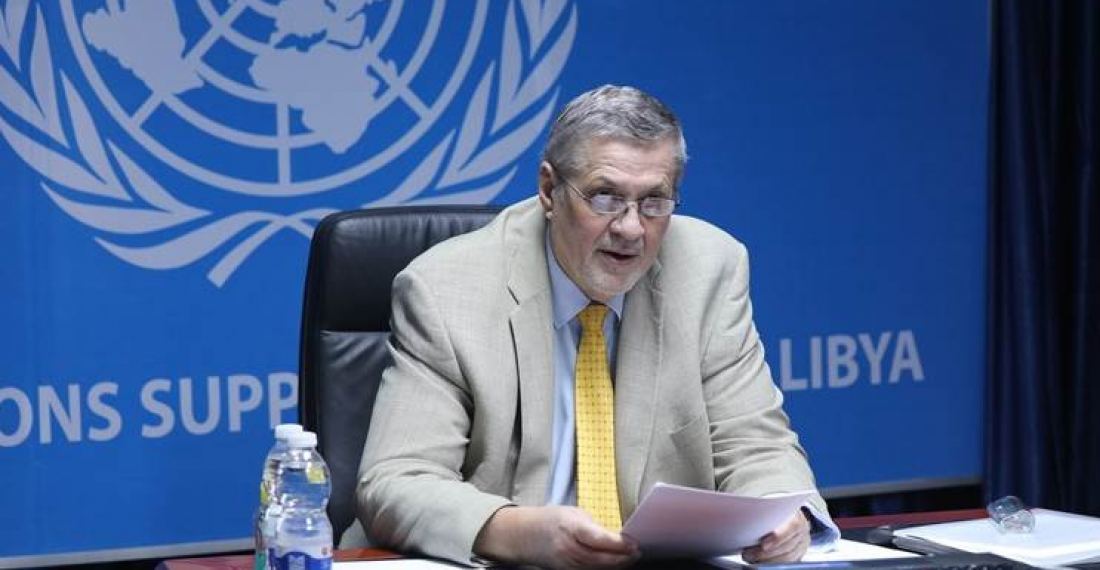The UN special envoy for Libya Jan Kubis submitted his resignation to the Security Council, which was accepted, just about a month before Libya scheduled presidential elections. Kubis did not give any reason for his sudden departure.
The 15 members of the Security Council were informed of Kubis’s resignation earlier on Tuesday. According to Aljazeera, UN officials and diplomats were shocked he was leaving at this moment.
Russia’s deputy envoy to the United Nations Dmitry Polyanskiy told reporters he had no indication of his reasons for leaving and was seeking to find out more. When asked about the reason, UN spokesman Stéphane Dujarric said that “It’s a question you’ll have to ask him” but denied there being any fallout between the Secretary-General and Kubis.
On Sunday, Libya’s interim Prime Minister Abdul Hamid Dbeibah filed his candidacy to run for president in next month’s elections despite being barred from elections under the current rules of the House of Representatives. Within days, an official candidate list for the presidential elections will be announced. It is not clear if the elections commission will accept Dbeibah’s candidacy.
Roughly around 98 candidates applied for the presidential post but the competition remains among five major candidates: Commander of the Libyan army Khalifa Haftar, Qaddafi’s son Saif al-Islam, prime minister Abdelhamid Dbeibah, Speaker of the House of Representatives Aguila Saleh Issa and, former interior minister Fathi Bashaga. Experts suggest that some political forces encouraged the submission of various candidacies in efforts to disrupt the electoral pool during the elections.






